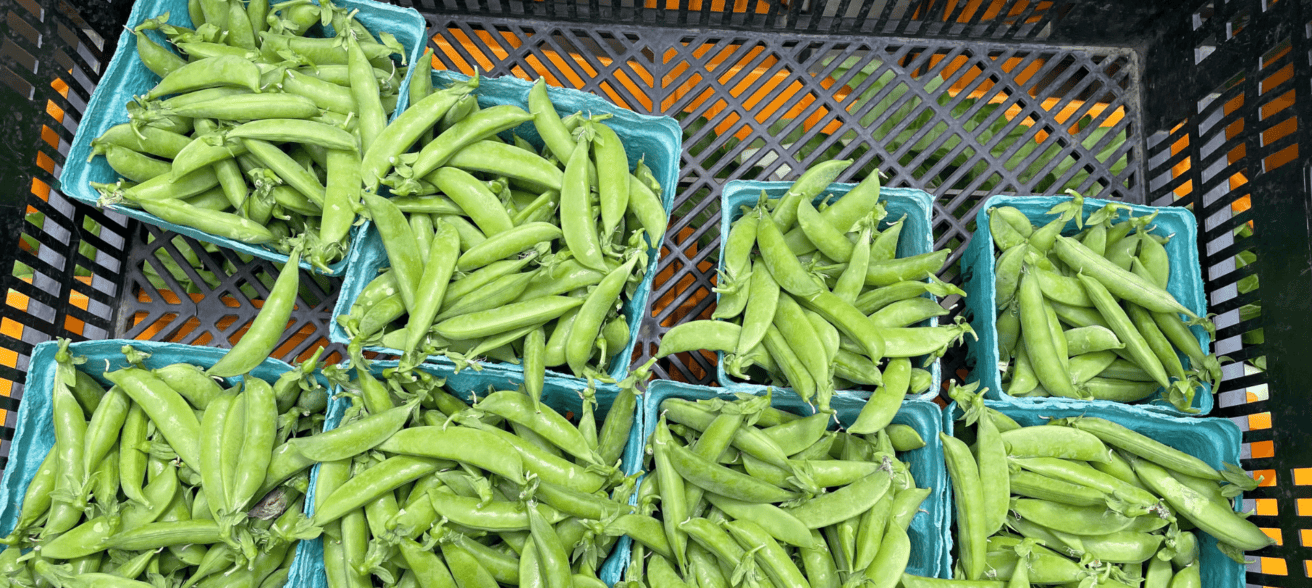For the love of food


By Kati Sigel, Director of Development, Corporate & Foundation Relations
Paris is a romantic city of lights where couples and friends sit for hours at a cafe or a restaurant talking and drinking at all hours of the day. On a recent trip back, I was reminded that my American friends eat more for sustenance than for the pleasure of eating. This American trait of eating food just to eat is contrary to the French, who emphasize eating for enjoyment. I love eating and sharing food – and I am lucky to have nurtured that appreciation while living in the historic food city. Even luckier, I now work with a group of people who share the same reverence for food.
After a recent trip back to Paris, I was reminded of this and wanted to take time to share what I learned from the French and to remind folks that if we take the time to think about food and the origin, the production, the preparation, and the presentation of it, then maybe we would enjoy what we eat a bit more – and waste a bit less, too.
Starting off, some of the differences in French food culture compared to America’s. The French do not snack: the only snack that is habitually given is the 4 pm snack for kids, called “gouter.” Parisians do not take coffee on the go, but instead, enjoy espresso standing at a bar or sitting outside. Sundays are reserved for family, for enjoying a meal around the table without distractions or activities. Phones are put away and no one looks at their Apple watch to check the time. During lunch, stores are closed because their midday meal is the most important. Even during the work week, a one-hour hot lunch brews productive meetings and discussions and is commonplace even among those with the busiest schedules (Check out this podcast episode from NPR to learn more about the French lunch break). Even for those simple lunches, tables are laid with care, and the food is presented elegantly – a dish always accented with fresh herbs and topped with (but not drowned in) sauce.
These habits result from a mindful reverence for food cultivated by the French. They take care and time to incorporate the freshest and finest local ingredients. It is not uncommon to see lines of people waiting at a farmer’s market to purchase the best and most tasty tomatoes or the fishmonger to find the tastiest dorade. They care about the origin of their food. Taste and freshness are given a priority, whereas, in America, our focus tends to be on speed, quantity, and convenience. And the result – much less waste. Restaurants in the U.S. tend to serve copious portions because customers expect them and feel they’re getting value for their money if their plate is full. If we ate more like the French – meaning savored our food, paid attention to its origin, ate seasonally, and took our time to enjoy our meals – then I believe we would have more appreciation and respect for the food we have, and in turn, be more conscious about what doesn’t get eaten.
At Spoonfuls, we share many of these values through our focus on fresh, local, and healthy food. Our mission to minimize wasted food is representative of our love for the community and our appreciation of good food – much like the French. We believe nutritious food should be available and accessible to everyone.